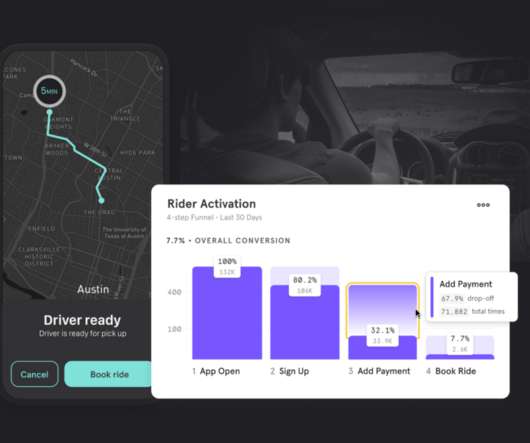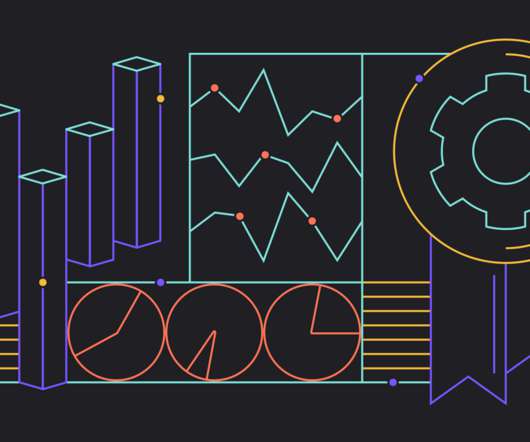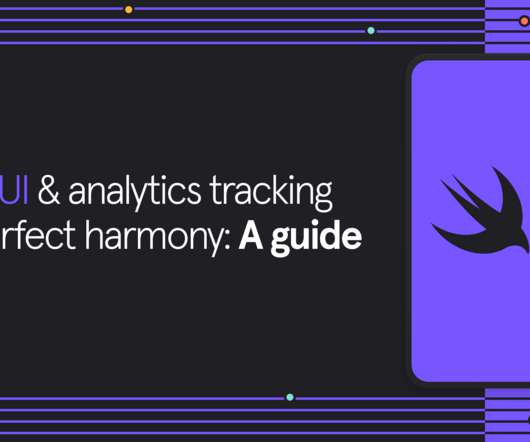A modular approach for integrating an analytics platform (like Mixpanel) into your iOS app
Mixpanel
SEPTEMBER 15, 2021
Mixpanel is the gold standard for iOS app analytics. And the best way to see how is to try it in your app. Integrating new frameworks can be work, not to mention risky for introducing bugs (especially if you’re already invested in some other analytics tool like Google Analytics).















Let's personalize your content